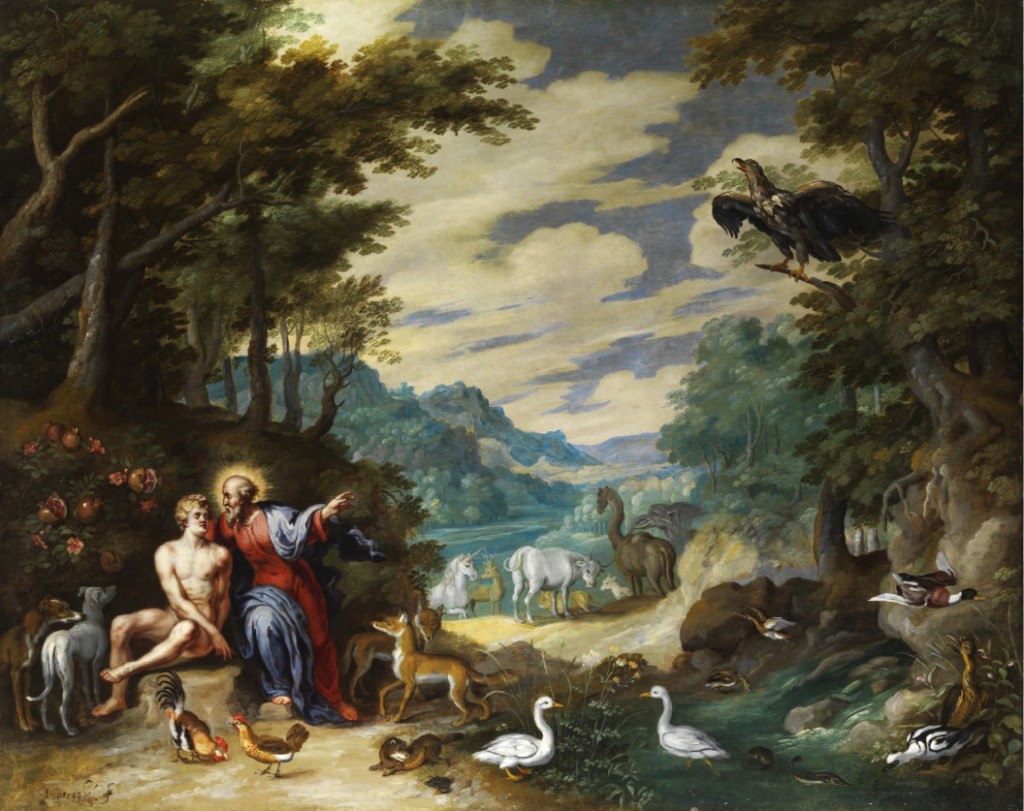God Gives His Own Words Meaning
Even after all these years of loving God, I still sometimes stumble over His words. Two left spiritual feet and all that. I'm better than I used to be. I went through a phase in my life when I almost dreaded opening my Bible for devotions because I was so afraid of the fear I found in verses about God's anger, or judgment, or some mystery too slippery for my frail thought to grasp. In those days, I thought it was God I stumbled over. Now, I know its just me. I've learned my frailty profoundly in the last few years, and that includes a comprehension of my own flawed understanding, my own limitation when it comes even to words and their meanings. One of the gifts of the literary study I've done this year is the way it has taught me to contemplate language. Words are living things. They gesture to Reality but do not contain it. They change with time and alter with the histories that form them. Learning this has helped me to read the Bible with greater grace . Take, for example, the passage I read in Genesis this morning.
God created man in His own image, in the image of God He created him; male and female He created them. God blessed them; and God said to them, "Be fruitful and multiply, and fill the earth, and subdue it; and rule over the fish of the sea and over the birds of the sky and over every living thing that moves on the earth."
I'm admitting my own stubborn-eyed, Jacob-of-heartness when I confess that in the midst of this magnificent commissioning of Adam and Eve, I tripped over the words "rule" and "subdue." While not bad concepts in and of themselves, those terms, in this day and age, often connote harshness, hardness, domination, demand. I am such a golden-eyed idealist that those harsh terms seemed foreign to my image of the new born earth, so ripe and fresh, so delicate. Those words seemed to open up the possibility of an earth exploited, ruled, overworked; it was as if a bar of iron suddenly appeared in Eden, and the iron was a word.
But I drew back. I remembered all that I have learned about language, the way meanings change from generation to generation. I asked myself, what did those words mean when God spoke them, living ideas unmarred by sin, into his new-made Adam and Eve? And I realized something that has profoundly shaped my reading of Scripture.
The only reference point for those words is the action and person of God himself. No human ruling had yet taken place. Submission was a concept we could only taste in reference to our Maker. God's actions in the sight of Adam and Eve were the reference points they were to look to in understanding how to carry out how commands. For in the beginning, we were children, meant to copy our Father. Thus, to subdue and rule is to do what we have just seen God do in the previous chapter. In the image of God we create, we name, we organize or partition for greater beauty, we cultivate the earth into its fullest expression of beauty and growth, we bless. And it is entirely good.
I realized that my contemporary understanding of those two powerful words, rule and subdue, is skewed by millenia of men's actions instead of God's. I bring the negative image of sinful men ruling harshly, breaking, subduing with force instead of cultivation to my reading of the creation story. To how many other words in the Bible do I bring my broken concepts? Perhaps God's actions and emotions?
When I struggled so deeply with a fear of God's anger, I realized one day that my concept of God's anger was modeled on the anger I felt myself. And since my anger is rarely righteous, almost never fully justified, and generally vindictive (even if unexpressed), I considered God's anger to be the same. But of course, it's not. How could it ever be? How could God, a self-giving Trinity whose very being is a circle of ceaselessly-given love be angry in the isolated outrage of a fallen human being?
These days, I seek to read with eyes renewed. To seek for that Spirit-fresehned insight that cleanses God's words of the sin I bring to them and sets them, fresh and free, in my thought. The prophets speak so often of the Messiah opening the eyes of the blind. I think I begin to see.
